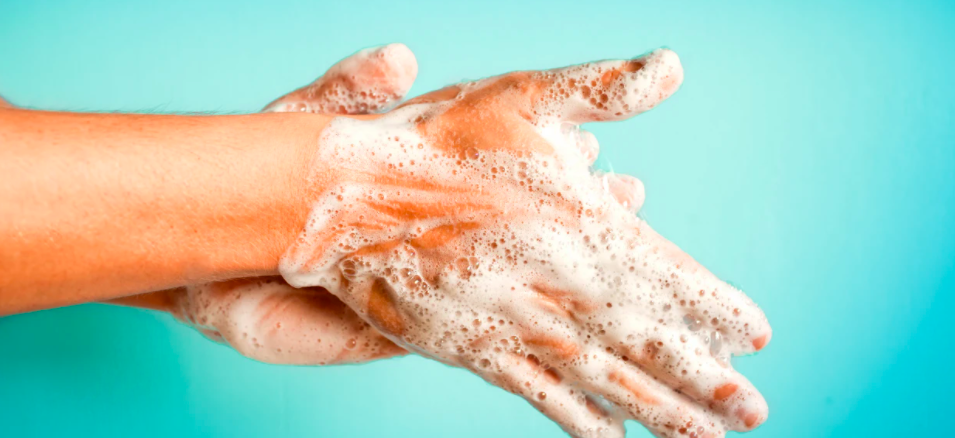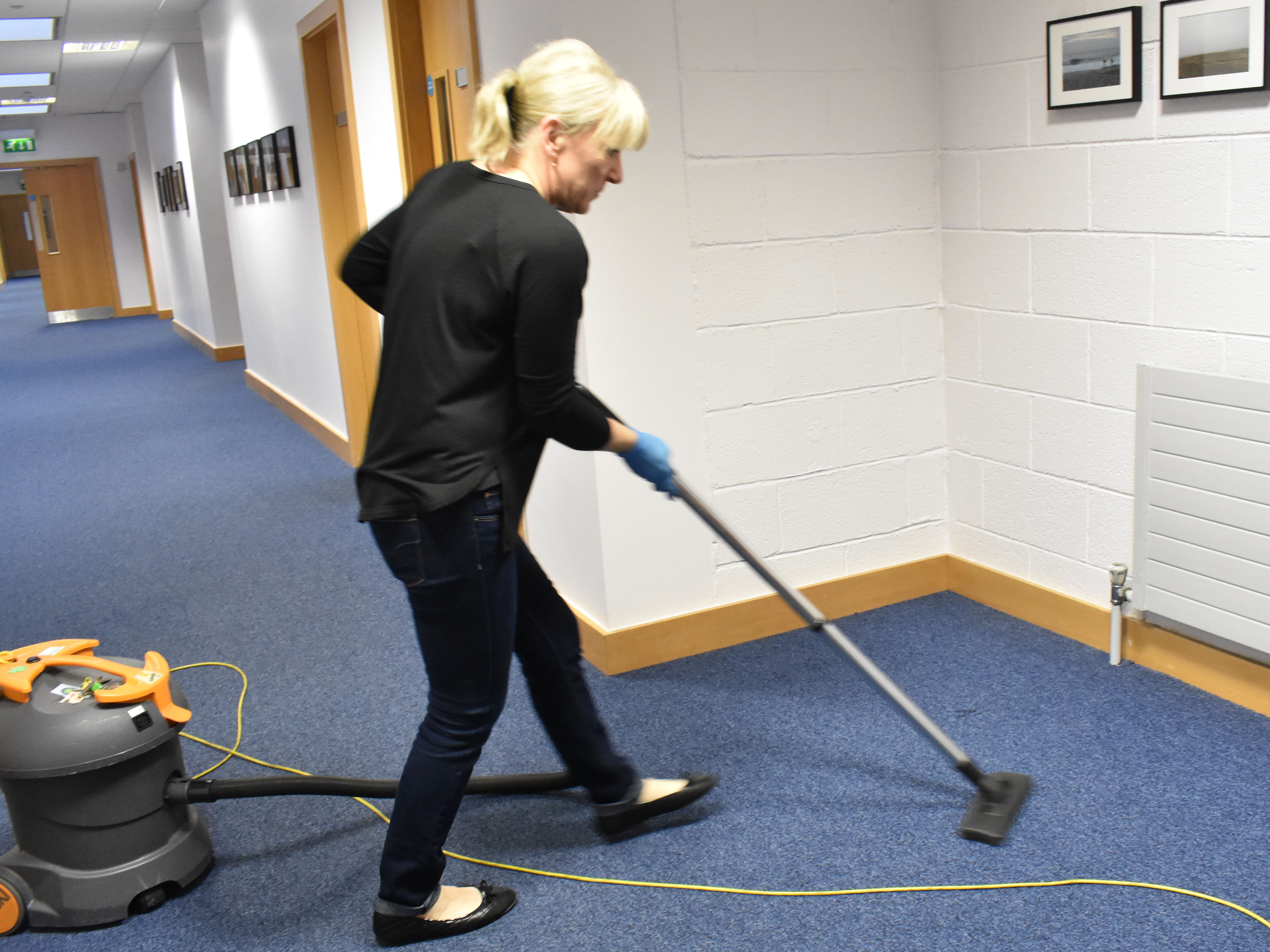
Additional handwashing and use of hand sanitiser throughout the Covid-19 pandemic has
caused “significant” damage to the environment.
The study, led by Trinity College, has found that two percent of our carbon footprint can be
attributed to the production and use of hand sanitising gel and eco-friendly options are
needed.
“Hand hygiene has certainly made a big difference in slowing the transmission of COVID-19
over the past two years,” said Dr Brett Duane, Associate Professor in Trinity College
Dublin’s School of Dental Science and lead author of the study.
“But this research, the first of its kind that assesses the use of sanitising gels and increased
hand-washing practices in a way that clearly quantifies the impacts on human and planetary
health, shows these practices do cause significant harm,” he said.
The water required to wash hands and the carbon emissions created through the production
of plastic packaging for sanitising gels and their active ingredients, have contributed to
climate change and the breakdown of the ozone layer.
According to the report, the negative effects of handwashing on the environment has, by
extension, impacted public health and people may lose between 16 and 114 hours per year
based on their analysis.
Isopropanol-based sanitising gels can reduce a person’s life expectancy by 16 hours per
year compared to a loss of 114 hours or five days per year as the result of liquid soap use.
During the pandemic, the World Health Organization encouraged the maintenance of good
handwashing practices in order to curb the spread of Covid-19.
Although all forms of handwashing were found to impact the environment negatively,
isopropanol-based sanitising gels had the least effect.
Liquid soap and water handwashing had four times the impact of sanitising gels, producing
4,240 million kilograms of carbon dioxide.
Scientists researched the four main handwashing practices including ethanol and
isopropanol based sanitising gels and handwashing with liquid or bar soap with water.
“Importantly, the work shows that sanitising gels cause less harm than soap-and-water
practices, with isopropanol-based gels, in particular, leaving a relatively lower impact,” Duane
said.
“That is useful information for reducing further damage but the work also underlines the need
for new gels that are more environmentally friendly,” he said.
By Claire Young



